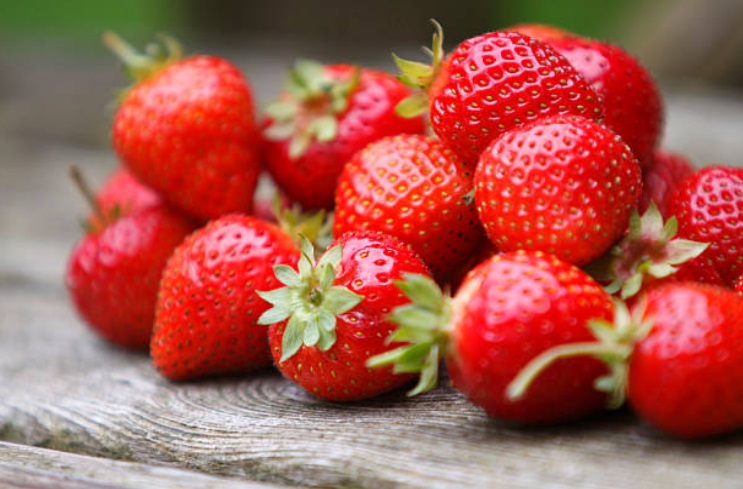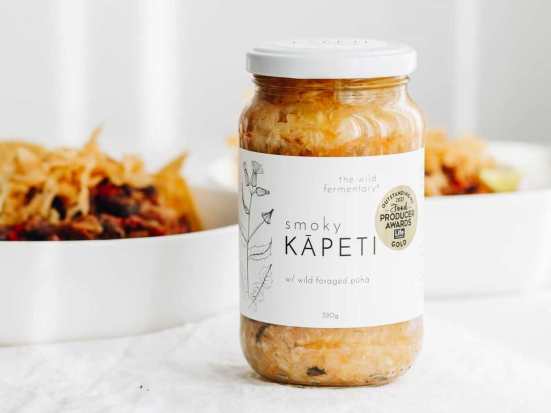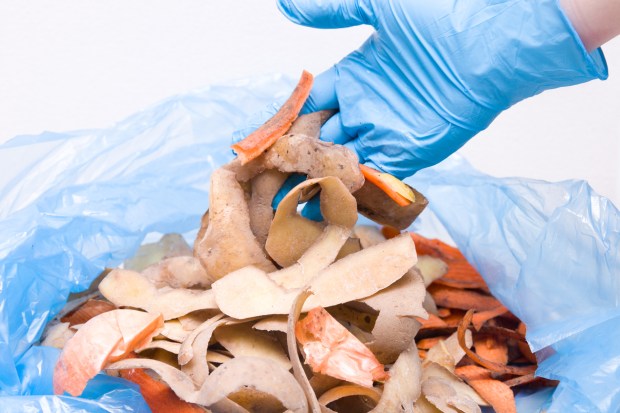The strawberry saga has moved across the Tasman to New Zealand supermarkets with the finding of a needle in an imported Australian strawberry over the weekend. Supermarkets are removing the Australian berries as a precaution. Countdown is warning customers to cut up strawberries before eating them after needles were found in fruit bought in an Auckland supermarket.
The supermarket chain has withdrawn the Choice brand strawberries – in which the needles were found – from the shelves at Countdown, SuperValue and FreshChoice outlets.
The Choice brand of strawberries, sourced from Western Australia, were sold nationwide last week.
“Customers can return any Choice brand of strawberries they may have at home to Countdown for peace of mind and a full refund,” the supermarket said.
“As an extra precaution and following similar advice from public health authorities in Australia, customers should cut up any Australian strawberries before eating them,” it said.
“Countdown is in contact with both New Zealand and Australian authorities as they investigate this matter.”
Asked specifically about which Countdown supermarket store the affected strawberries were found at, a spokeswoman would not say.
It is not known either whether the affected punnet was discovered by a member of the public or a staffer.
The spokeswoman told the Herald that apart from this discovery, no other strawberries with needles had been reported across the Countdown store network in New Zealand.
Foodstuffs said last week that it would halt the distribution of Australian strawberries in New Zealand. Foodstuffs operates Four Square, New World and Pak’nSave.
In Australia 100 cases of contaminated fruit have been reported to the Australian police . Sewing needles and metal objects have been found in strawberries with isolated cases concerning apples and bananas also reported.
Their strawberry industry has been hit hard, with stock pulled from shelves across the country as new cases continue to emerge.
Western Australia has been caught up in the scare, but Queensland producers are bearing the brunt, with up to 150 growers — only six of whom have been affected by the tampering — being forced to dump masses of fruit due to widespread consumer fears.
It’s reported the wholesale price of strawberries has been slashed by more than 50 per cent, prompting growers to purchase expensive metal detectors to safeguard their stock.
Western Australia grower Allstates Farms forked out $A30,000 on equipment to detect foreign metal objects.
“Strawberries are scanned and it will stop if there is any metal present,” quality control manager Manjeet Singh told The West Australian.
“All existing stock and new stock coming in will all be going through the scanner, punnet by punnet, tray by tray, then each tray will be sealed with a security sticker.
“We are doing what we can to support our growers and restore confidence to get people eating strawberries again.”
Hospitality businesses are coming together to support the strawberry industry, with Brisbane’s Newstead Brewing creating a strawberry and currant kettle sour beer and a strawberry and banana cider.
“I feel bad taking the strawberries at the cost we got them for, but that’s still money in their pockets and we’ll take whatever we can get to help them out,” senior brewer Jarrett Bravo told news channel ABC.
“Without farmers, you wouldn’t have beer, so for us to help farmers out, it’s a big thing.”
Sumo Salad in Bunbury, Western Australia, is selling cups of strawberries for $1.50 along with strawberry punnets, with other Sumo Salad outlets in WA considering doing the same.
The famous Ekka strawberry sundaes will also make a special comeback to support growers. The Prince Charles Hospital Foundation will use surplus strawberries and sell the desserts at pop-up stalls in the Brisbane CBD next week.
Australians are being urged to cut ’em up not cut ’em out, with #smashastrawb trending on social media.








